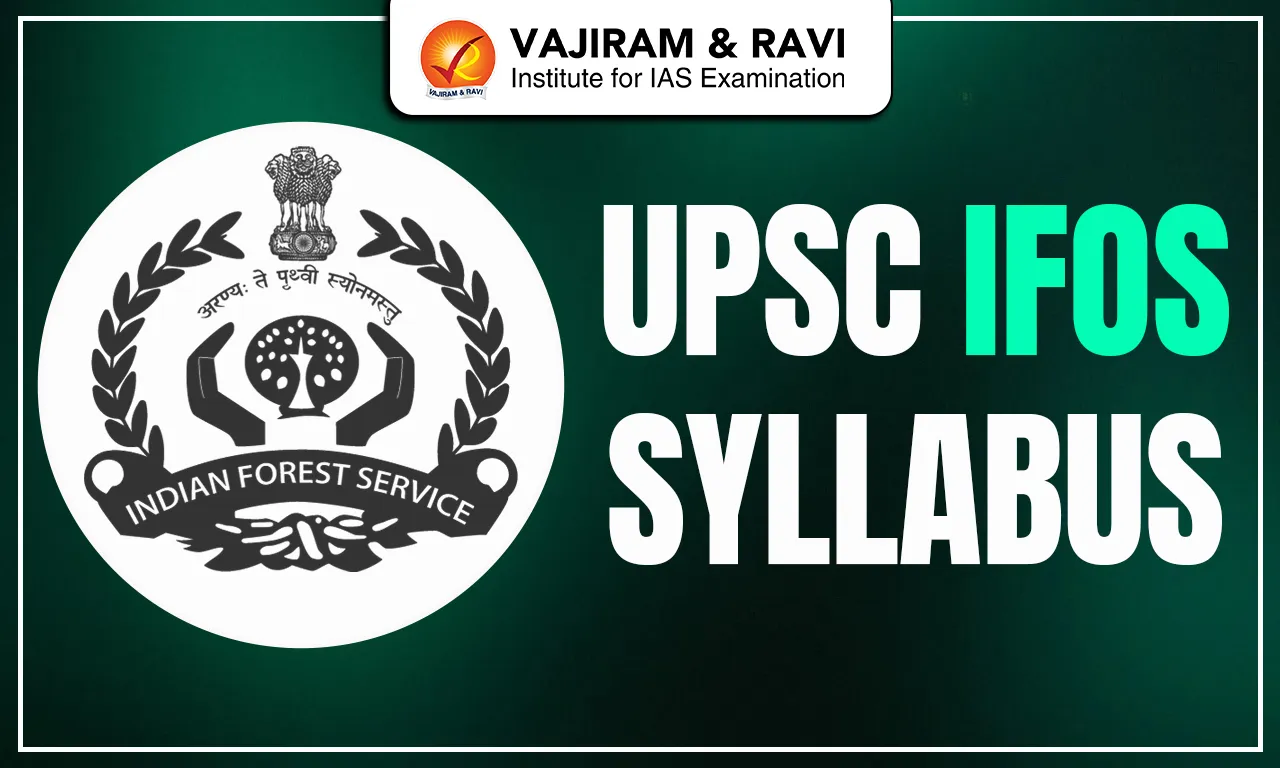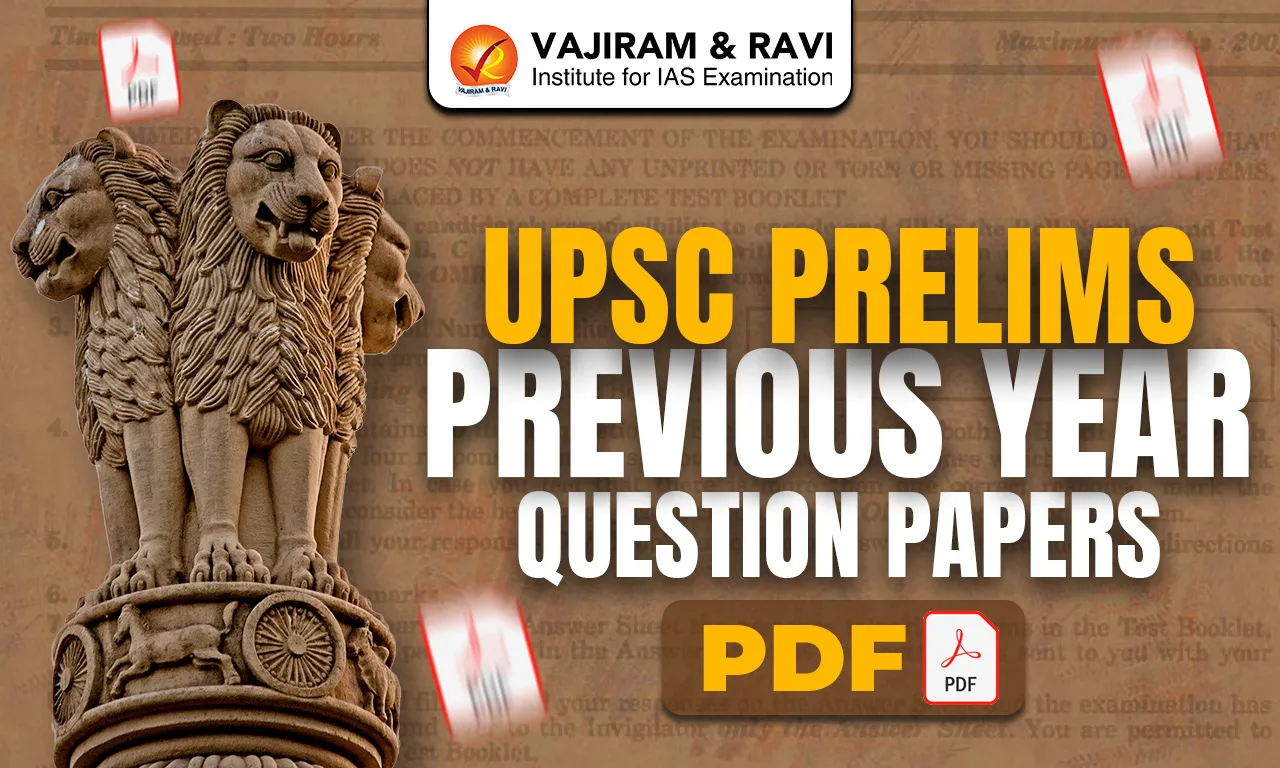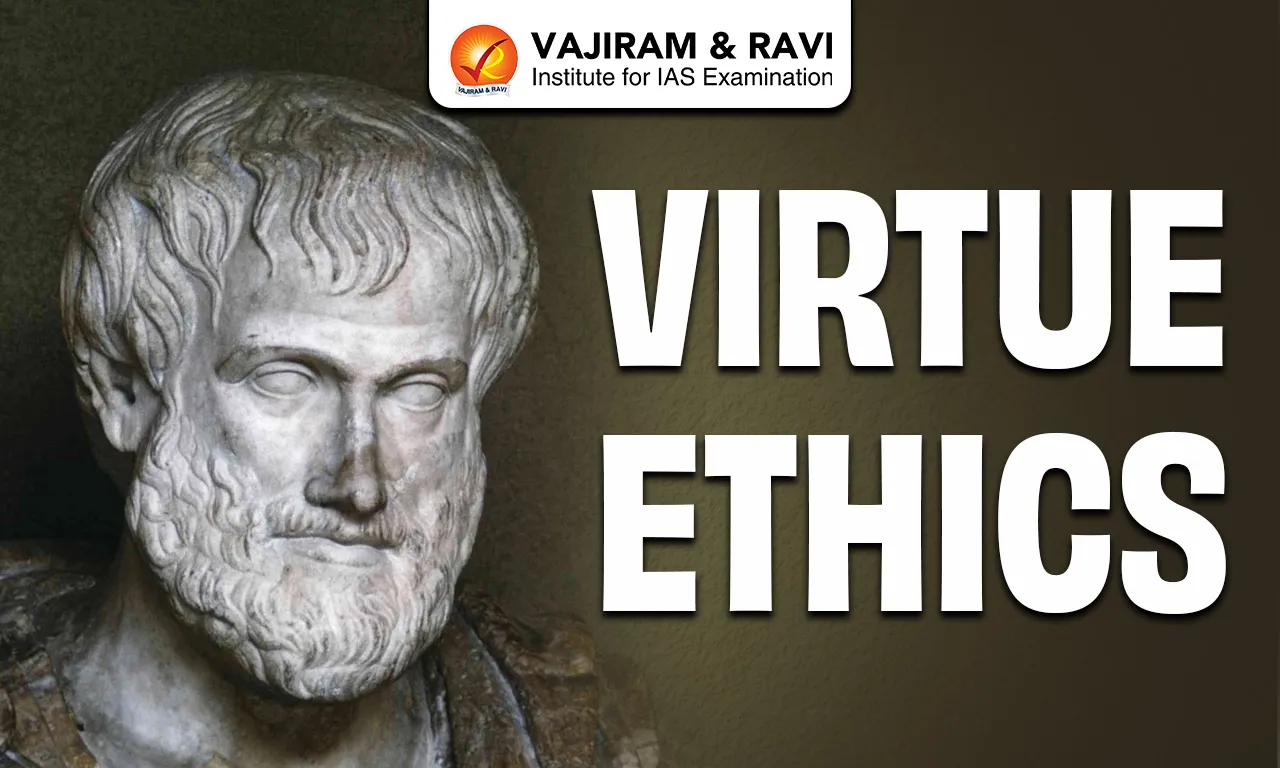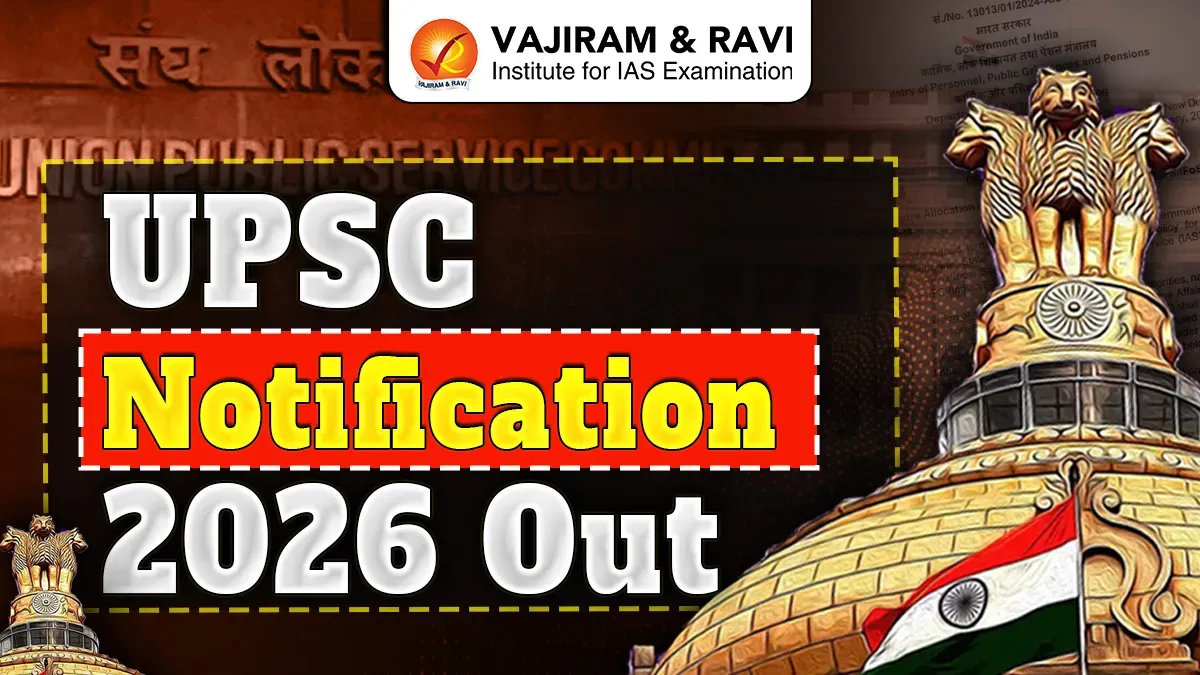The Indian Forest Service Notification 2026 by the Union Public Service Commission (UPSC) includes the IFoS Syllabus 2026 for the Indian Forest Service Exam. It is essential for candidates to go through UPSC IFS Syllabus 2026 and prepare based on the most recent UPSC IFS Exam Pattern 2026. The Indian Forest Service Prelims consists of two papers, while the Indian Forest Service Mains comprises six papers.
Indian Forest Service Syllabus 2026
For those aspiring candidates to join the Indian Forest Service (IFS), a thorough understanding of the UPSC IFS Syllabus 2026 and the exam pattern is essential. Having a clear understanding of the syllabus allows candidates to identify the various subject areas covered in the IFS Exam 2026. An extensive review of the Indian Forest Service Syllabus 2026 will provide candidates with valuable insights into the topics that will be included in the exam.
Indian Forest Service Syllabus 2026 for Prelims
The Indian Forest Service Syllabus 2026 for Prelims includes two papers; Paper 1 General Studies I and Paper 2 General Studies II, also known as CSAT. The first paper is conducted to evaluate candidates’ general knowledge, such as current affairs; the second paper examines the candidate’s aptitude for forest service. The UPSC IFS Syllabus 2026 for Prelims is as follows:
| Indian Forest Service Syllabus 2026 for Prelims | |
|
Paper |
Topics |
|
General Studies |
|
|
CSAT |
|
UPSC IFS Exam Pattern 2026 for Prelims
The UPSC Indian Forest Service (IFS) Prelims 2026 serves as a preliminary screening test where candidates will be evaluated based on their performance in two objective-type papers. There will be two papers, each lasting 2 hours, consisting of multiple-choice questions (MCQs). It is important to note that the scores from this stage will not contribute to the final merit list. To be considered for advancement, candidates must secure at least 33% in Paper 2. The UPSC IFS Exam Pattern 2026 for Prelims is as follows:
| UPSC IFS Exam Pattern 2026 for Prelims | |||
|
Paper |
Total Questions |
Total Marks |
Negative Marking |
|
General Studies Paper I |
100 |
200 |
-0.66 marks |
|
General Studies Paper II (CSAT) |
80 |
200 |
-0.83 marks |
Indian Forest Service Syllabus 2026 for Mains
Every candidate aspiring to succeed in the Indian Forest Service Exam 2026 must understand the IFoS Syllabus 2026 for mains as it plays a crucial role during selection based on the marks obtained. The UPSC IFS Mains Exam 2026 consists of six papers, of which four are optional. Candidates are required to select two subjects from the optional papers.
The compulsory papers include:
- General English
- General Knowledge
Candidates are mandated to attempt these papers without any options for subject selection. The detailed topics included in the syllabus for the compulsory papers are outlined in the table below.
| UPSC IFS Syllabus 2026 for Compulsory Papers | |
|
Subject |
Topics |
|
General English |
|
|
General Knowledge |
|
UPSC IFS Syllabus 2026 for Optional Subjects
In the UPSC Indian Forest Service Mains Exam 2026, candidates must choose two optional subjects from a list of 14. Each optional subject paper has two parts: Part A and Part B. Each part contains four questions, making a total of eight questions for each subject. For those preparing for the Indian Forest Service Exam 2026, it's important to review the UPSC IFS Syllabus 2026 for Optional Subjects to understand what to expect and how to prepare effectively.
| UPSC IFS Syllabus 2026 for Optional Subjects | |
|
Subject |
Topics |
|
Agriculture |
Paper I:
Paper II:
|
|
Animal Husbandry & Veterinary Science |
Paper I:
Paper II:
|
|
Chemistry |
Paper I:
Paper II:
|
|
Agricultural Engineering |
Paper I:
Paper II:
|
|
Botany |
Paper I:
Paper II:
|
|
Civil Engineering |
Paper I:
Paper II:
|
|
Chemical Engineering |
Paper I:
Paper II:
|
|
Forestry |
Paper I:
Paper II:
|
|
Mathematics |
Paper I:
Paper II:
|
|
Mechanical Engineering |
Paper I:
Paper II:
|
|
Physics |
Paper I:
Paper II:
|
|
Zoology |
Paper I:
Paper II:
|
|
Statistics |
Paper I:
Paper II:
|
|
Geology |
Paper I:
Paper II:
|
UPSC IFS Exam Pattern 2026 for Mains
Candidates who clear the Indian Forest Service Prelims Exam 2026 move on to the mains exam, which includes six descriptive papers. The Indian Forest Service Syllabus 2026 for Mains is very important as the scores obtained in this phase significantly influence the final merit list.
- There are six papers, each lasting three hours.
- Papers I and II are worth 300 marks each, while Papers III, IV, V, and VI are worth 200 marks each.
- For Papers III to VI, candidates need to choose two optional subjects from the approved list, following the guidelines about which subjects can be combined as stated in the official notification.
|
UPSC IFS Exam Pattern 2026 for Mains |
||
|
Paper |
Subject |
Marks |
|
Paper I |
General English |
300 |
|
Paper II |
General Knowledge |
300 |
|
Paper III |
Optional I |
200 |
|
Paper IV |
Optional II |
200 |
|
Paper V |
Optional III |
200 |
|
Paper VI |
Optional IV |
200 |
UPSC IFS Interview 2026
Candidates who clear the written exam will be invited for the UPSC IFS Interview 2026, which assesses their suitability for the Indian Forest Service. The interview carries 300 marks and includes twice the number of candidates based on the UPSC IFS Result 2026 PDF. The final merit list, totaling 1700 marks, combines scores from both the written exam and interview. Preparation should focus on current events, geography, and practical knowledge of the UPSC IFS Syllabus 2026. Solving previous years’ papers can help candidates prioritize high-yield topics.
| Other Related Posts of UPSC IFoS 2026 | |
| UPSC IFoS Notification | UPSC IFoS Syllabus |
| UPSC IFoS Salary | UPSC IFoS Eligibility |
| UPSC IFoS Result | UPSC IFoS Cut Off |
| UPSC IFoS Selection Process | |
Last updated on February, 2026
→ UPSC Notification 2026 is now out on the official website at upsconline.nic.in.
→ UPSC IFoS Notification 2026 is now out on the official website at upsconline.nic.in.
→ UPSC Calendar 2026 has been released.
→ Check out the latest UPSC Syllabus 2026 here.
→ Join Vajiram & Ravi’s Interview Guidance Programme for expert help to crack your final UPSC stage.
→ UPSC Mains Result 2025 is now out.
→ UPSC Prelims 2026 will be conducted on 24th May, 2026 & UPSC Mains 2026 will be conducted on 21st August 2026.
→ The UPSC Selection Process is of 3 stages-Prelims, Mains and Interview.
→ Prepare effectively with Vajiram & Ravi’s UPSC Prelims Test Series 2026 featuring full-length mock tests, detailed solutions, and performance analysis.
→ Enroll in Vajiram & Ravi’s UPSC Mains Test Series 2026 for structured answer writing practice, expert evaluation, and exam-oriented feedback.
→ Join Vajiram & Ravi’s Best UPSC Mentorship Program for personalized guidance, strategy planning, and one-to-one support from experienced mentors.
→ UPSC Result 2024 is released with latest UPSC Marksheet 2024. Check Now!
→ UPSC Toppers List 2024 is released now. Shakti Dubey is UPSC AIR 1 2024 Topper.
→ Also check Best UPSC Coaching in India
Indian Forest Service Syllabus 2026 FAQs
Q1. What is the syllabus for IFS exam 2026?+
Q2. Who is eligible for IFoS 2026?+
Q3. Will the UPSC syllabus change in 2026?+
Q4. What is the main subject for IFS?+
Q5. How many seats for IFS in UPSC 2026?+


















